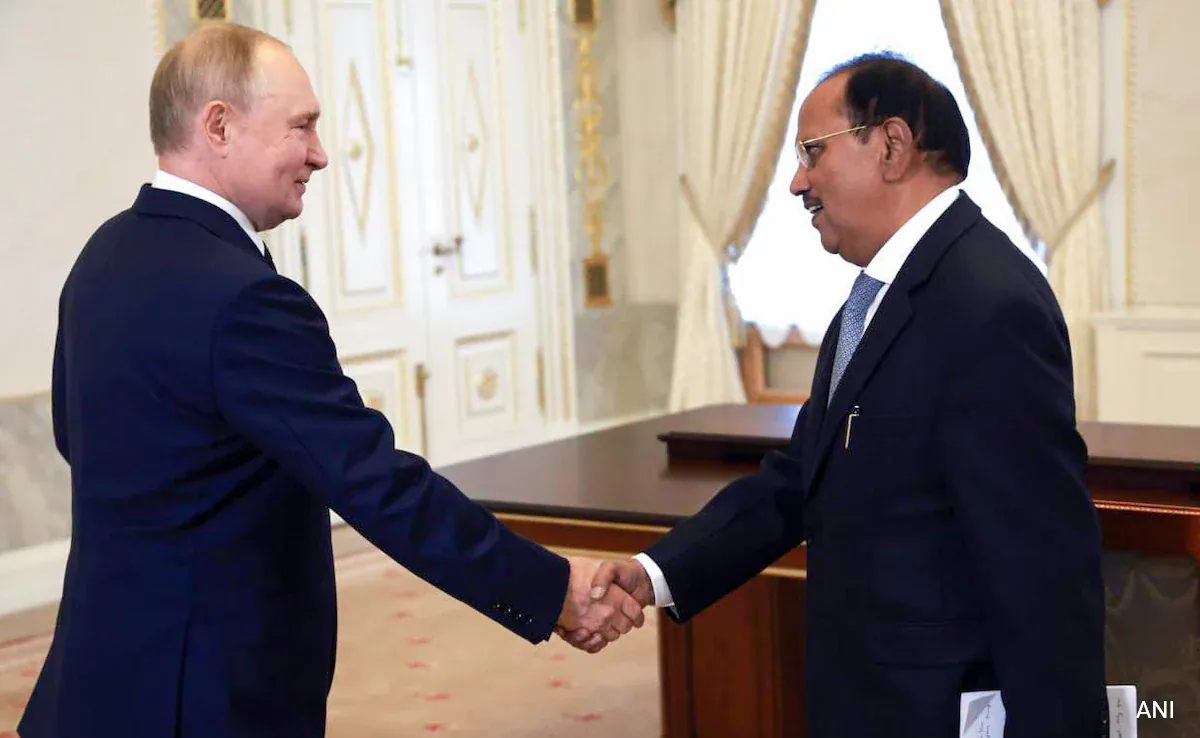
While details about the exact nature and meaning of Lauren Boebert’s tattoos remain somewhat private, it is known that her ink holds personal significance. Tattoos are often deeply meaningful to those who wear them, serving as symbols of important life events, personal beliefs, or reminders of one’s values.
In Boebert’s case, her tattoos are likely an extension of her rugged, self-reliant persona, one that resonates with her base of supporters. Whether they represent her journey from a small business owner in Rifle, Colorado, to a Congresswoman or symbolize her deep-rooted beliefs in individual freedom and the Second Amendment, Boebert’s tattoos tell a story of a woman unafraid to wear her convictions on her sleeve—quite literally.
Public Perception Tattoos
Lauren Boebert’s tattoos have elicited a range of reactions from the public. For some, they are a testament to her authenticity—a sign that she is not a polished politician but a real person with a relatable story. To others, her tattoos may be seen as unprofessional or inappropriate for someone in her position.
The mixed reactions highlight the ongoing cultural debate about tattoos in professional settings. While tattoos are increasingly accepted in mainstream society, the world of politics remains one of the last bastions of traditionalism, where appearances are often scrutinized, and deviations from the norm can be polarizing.
Boebert’s unapologetic display of her tattoos challenges these conventions, pushing the boundaries of what is considered acceptable for a public servant. In doing so, she opens up a broader conversation about the evolving image of politicians and how personal expression intersects with public service.
Tattoos as Symbols of Rebellion
Tattoos have long been associated with rebellion and counterculture. From sailors and bikers to punk rockers and activists, tattoos have served as a form of resistance against societal norms. In the political arena, this symbolism takes on a new dimension.
For Lauren Boebert, whose political career is built on challenging the status quo and advocating for the rights of individuals, her tattoos can be seen as an extension of her rebellious spirit. They reinforce her image as an outsider, someone who is willing to stand up to the establishment and fight for what she believes in, regardless of the criticism she may face.
Politicians and Personal Expression
The presence of tattoos on a sitting member of Congress like Lauren Boebert reflects a broader cultural shift in the acceptance of personal expression. As younger generations, who are more likely to have tattoos, enter the political arena, the stigma surrounding tattoos is gradually diminishing.
This shift is part of a larger trend toward authenticity in politics. Voters are increasingly drawn to candidates who appear genuine and relatable, even if that means breaking from traditional expectations. Boebert’s tattoos, along with her candid and often controversial statements, contribute to her image as a politician who is unfiltered and true to herself—a quality that resonates with her supporters.
Amplifying the Conversation
Social media has played a significant role in amplifying the conversation around Lauren Boebert’s tattoos. In today’s digital age, politicians are under constant scrutiny, with every aspect of their appearance and behavior subject to public commentary.
Boebert’s tattoos have become a point of discussion on platforms like Twitter and Instagram, where supporters and critics alike share their opinions. For some, her tattoos are a refreshing departure from the polished image of traditional politicians. For others, they are seen as a distraction or a sign of unprofessionalism.
Regardless of the opinions, the discussion itself underscores the changing nature of political discourse in the digital age. Social media has democratized the conversation, allowing voters to engage with politicians on a more personal level and express their views on everything from policy positions to personal style.
Conclusion: The Future of Tattoos in Politics
Lauren Boebert’s tattoos are more than just personal decorations; they are symbols of a broader cultural shift in how politicians present themselves and connect with voters. As society becomes more accepting of tattoos, the line between personal expression and professional image continues to blur.
While not every politician will choose to display tattoos as openly as Boebert, her example suggests that the future of politics may be one where individuality is celebrated rather than suppressed. As voters increasingly prioritize authenticity and relatability, tattoos may become a more common sight in the halls of power.
In the end, Lauren Boebert’s tattoos are just one facet of her complex and often controversial public persona. Whether they are seen as symbols of rebellion, authenticity, or something else entirely, they have undoubtedly contributed to the ongoing conversation about the role of personal expression in the world of politics.



